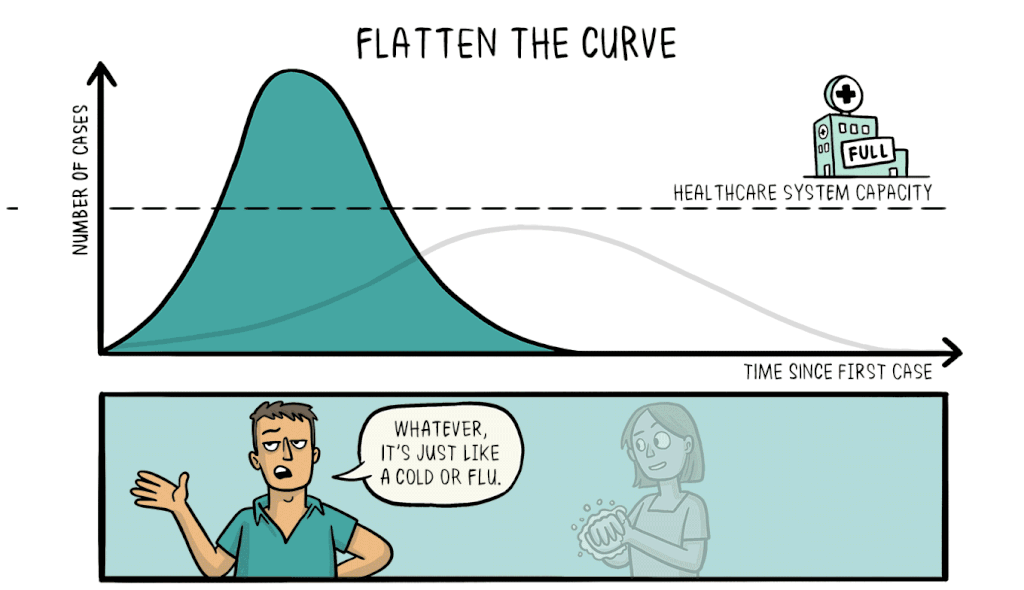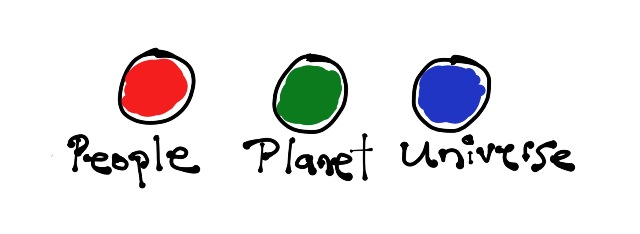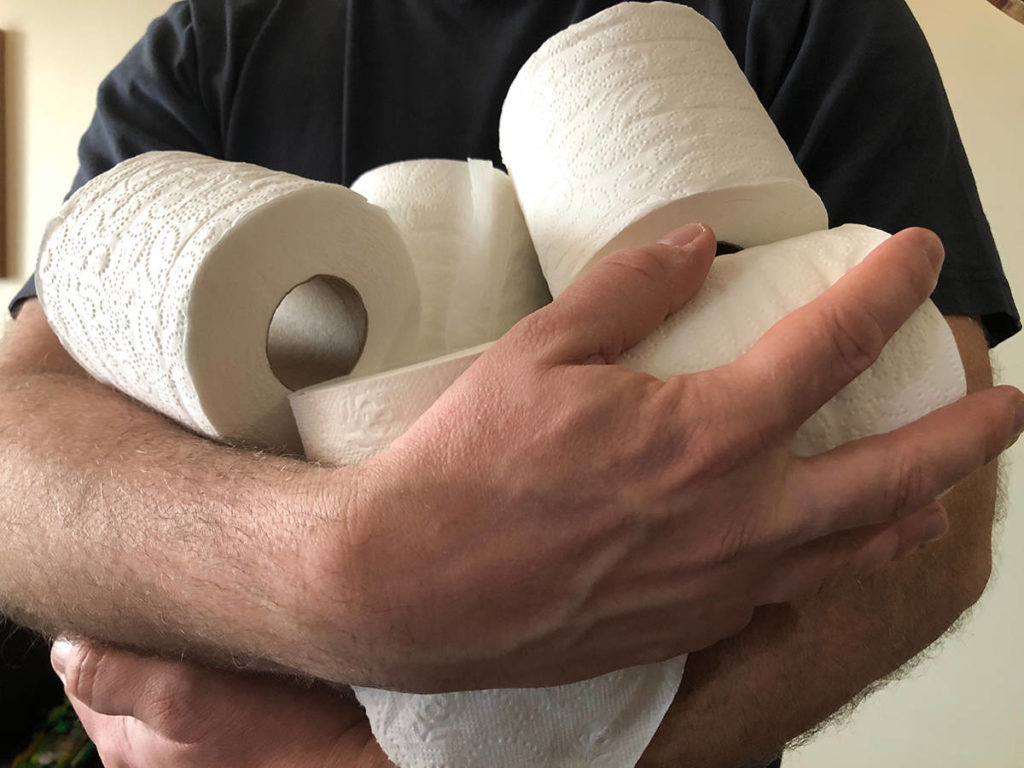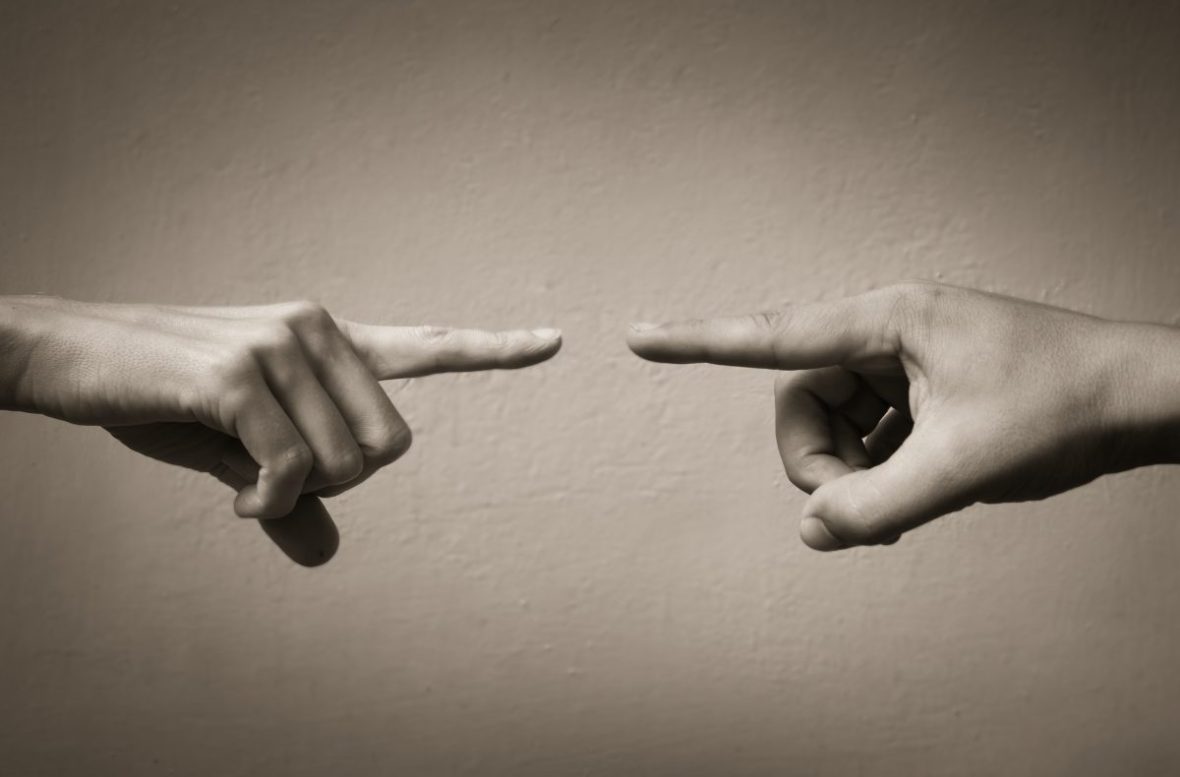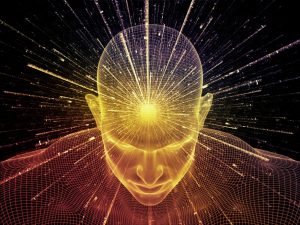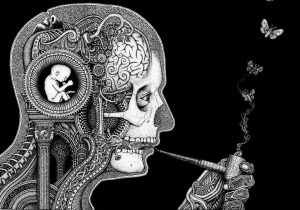
When did we stop trusting in science?
Those of the fundamentalist religious persuasion stopped trusting around the time of the Scopes Monkey Trial in 1925. And as far as that crowd goes, things haven’t changed a whole lot since then…
But how about the rest of us, who consider ourselves a bit more even-keeled?
Why is that?
It seems to have something to do with the now decades long “controversy” surrounding climate change. Although, I believe the real reason goes a bit deeper than just that.
Climate change is accepted science…period. I’m not going to waste any effort here trying to argue that point. You can do your own research…just do it in the right places and avoid the crackpots. And these days there’s no shortage of those!
Acceptance of climate change breaks down along political lines, more-so than perhaps any scientific topic in modern history. You might have to go back to the Copernican revolution to find a more hotly debated topic surrounding settled science.
According to Pew Research, 90% of democrats believe the government is doing too little to combat climate change, versus 39% of republicans.
Why is climate change so hard for republicans to accept?
Well, one could point to the leadership, or lack thereof, by our current president. He is a staunch climate change denier (or, at best, skeptic) and he influences millions of his die-hard supporters to believe likewise…
And he has Fox News constantly backing him up!
Republicans tend to believe that the whole climate change issue is wrapped up in agenda-based science, or science in pursuit of a political agenda…
And what is that agenda, exactly?
According to republicans, it is to turn the U.S.A. into a socialist, or even communist, state. Republicans distrust big government…such distrust is the very sine quo non of conservatism…
Never-mind that in many ways Donald Trump has expanded government far beyond his predecessor(s). One need only look at the current federal deficit for proof of that.
Science supplies us with the facts and the actions we need to take based on those facts. Then it takes collective action, i.e. government action, to execute those scientific-based solutions…
COVID-19 presents one of these instances where humanity must turn to science for answers, perhaps like none other in recent generations. That’s not to downplay the effect of climate change, but climate change is a creeping problem, whereas COVID-19 has jumped up and bit us in the ass overnight…to the tune of over 50,000 deaths in the U.S. alone, and counting.
Nevertheless, we have some out there, mostly on the right, who’re playing politics with a freaking virus, as if it could possibly be cognizant of political affiliation.
The truth is that science and politics, like religion and politics, make for strange bedfellows. In fact, there should be a wall of separation between them…
Oh wait, there is a wall between church and state…
How about between science and state?
It should not be up to republicans, or the republican president, to decide which science they (or he) will support. And the same, of course, goes with democrats. If science tells us that the only way to defeat COVID-19 is by collective action that will have economic repercussions, then that’s the solution we’re all faced with accepting, period.
Our capitalistic economic system is not science and neither is it decreed by the almighty. It’s just an economic theory that proposes a market solution to pretty much everything. But there’s not a market solution to COVID-19. Capitalism won’t save us here. Conservatism, with its belief in limited (or no) government, won’t save us here.
In fact, this crisis is dramatically exposing how capitalism, at least the kind that has run amok in the last few decades, is failing society.
The U.S.A. has surpassed all other countries in the world in virtually all statistics (i.e., the negative ones) related to COVID-19. The U.S.A. has the most cases, the most deaths, and one of the highest fatality rates.
We must all immediately stop the madness of allowing political division to get in the way of doing the right thing. And that means doing the thing(s) science tells us to do, no matter how painful, or inconsistent with your political beliefs, it might be.
I’m afraid COVID-19 presents us with this stark choice between science and politics like nothing ever has, at least in my lifetime. This crisis is presenting us with hard choices. I can understand the tendency towards skepticism. But skepticism won’t serve us here. Playing politics with a pathogen won’t serve us here.
This tendency towards agenda-based science in the age of COVID-19 is going to show us how destructive the political division really can be…
Perhaps that’s the “agenda” of this virus?
